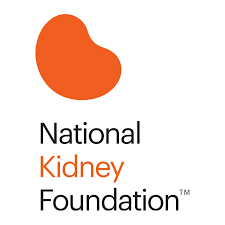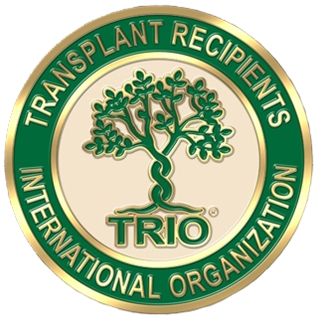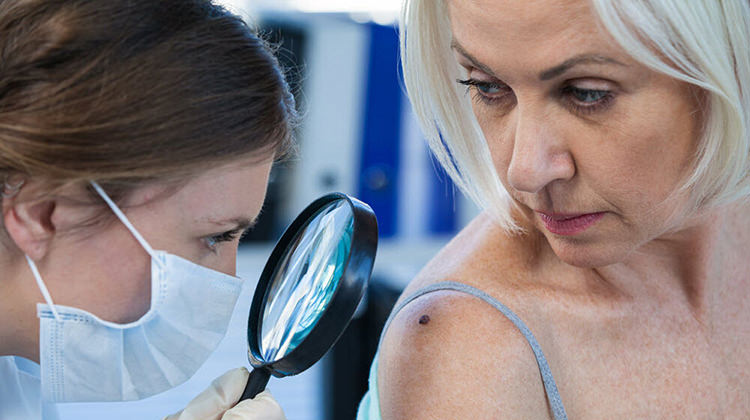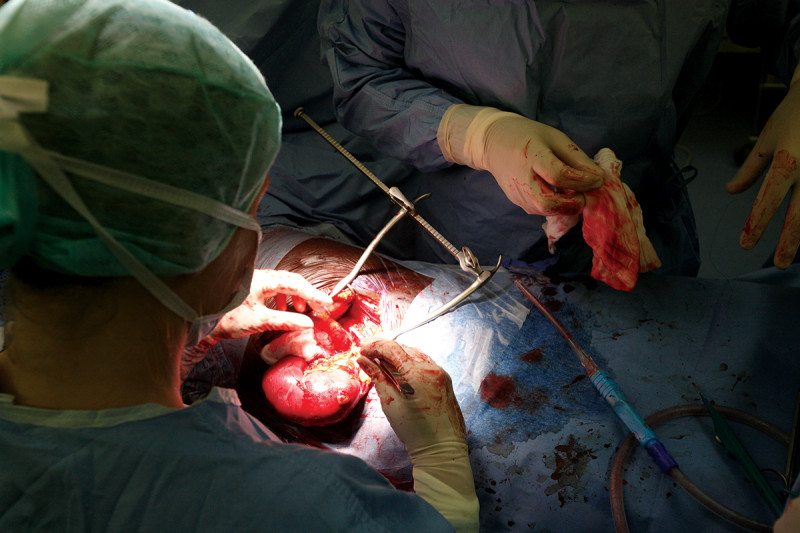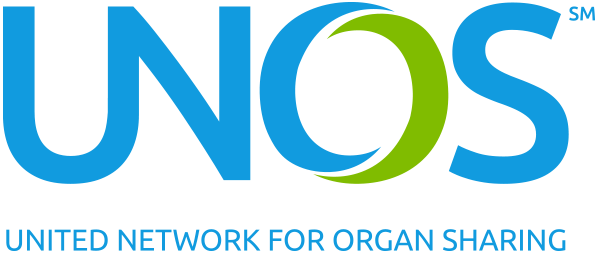“The American Society of Nephrology (ASN) and the National Kidney Foundation (NKF) announce the concurrent publication of “Special Article: Reassessing the Inclusion of Race in Diagnosing Kidney Diseases: An Interim Report from the NKF-ASN Task Force” in the Journal of the American Society of Nephrology(JASN) and the American Journal of Kidney Diseases (AJKD).
The publication in JASN and AJKD provides an essential review of the many challenges relative to identifying and implementing alternative methods to diagnosing kidney diseases. Last month, ASN and NKF asserted that race modifiers should not be included in equations used to estimate kidney function. ASN and NKF also stated that current race-based equations should be replaced by a substitute that is accurate, representative, unbiased, and provides a standardized approach to diagnosing kidney diseases.”
Read the full article, here.
